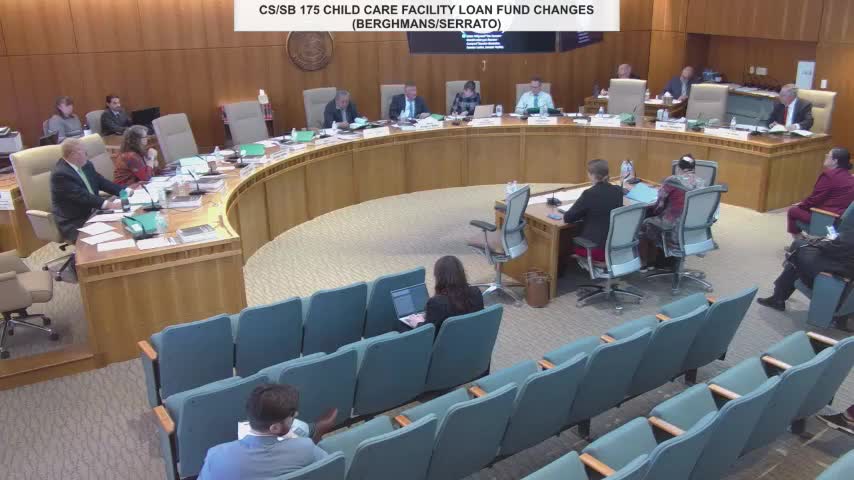Secretary of State tells senators office faces operating shortfall, warns of lost federal cybersecurity services
Get AI-powered insights, summaries, and transcripts
Subscribe
Summary
The Secretary of State told a Senate committee the office's base operating request is underfunded even after HB 2 improvements, warned of the end of some federal cyber services and asked for help filling personnel and operations gaps.
The Secretary of State told a Senate committee that the office’s base operating budget request of $12,900,000 remains “woefully short” despite improvements reflected in House Bill 2 and asked senators for help to cover personnel and operational gaps.
The problem, the secretary said, stems in part from the end of some federal funding streams and services. “We are not anticipating having any future federal funding for the election program,” the Secretary of State said, and noted the loss of Help America Vote Act (HAVA) grant support and election-related services previously provided by the Cybersecurity and Infrastructure Security Agency (CISA).
The shortfall matters because the office holds sensitive voter records and runs statewide election systems. The secretary said those systems now carry additional operating costs from recent IT implementations and that the office has absorbed some ownership costs into its base budget to “reduce our need for future one-time requests.” The office is asking the Legislature to help cover about a $500,000 gap in the personnel fund and other contractual shortfalls that would otherwise force repeated supplemental requests.
Committee members asked for specifics. The secretary said HAVA funding—about $1 million per year in recent years—has been used to shore up cyber systems and physical security. The secretary also told senators that CISA provided regular vulnerability testing and sensor monitoring for unusual network activity; those services have been curtailed. “Those were some really great free services we got from [CISA],” the secretary said, adding that replacing them could cost “several hundred thousands of dollars” annually rather than the roughly $10,000 the office pays for some testing now. Justin O’Shea, the office chief financial officer, told the committee the agency is still evaluating the total new costs and “can definitely follow up with that information.”
The secretary also described a recent $100,000 line item for moving expenses and said the office was not consulted about a relocation plan: “A hundred thousand dollars isn’t gonna move us anywhere… we were never consulted about moving.” She said statutory workflow requires proximity to the governor’s office and the Legislature because certain paper-driven processes—physical receipt and stamping of chaptered bills and proclamations—still occur. The secretary asked that, if relocation is necessary, it be to a site in close proximity to the Capitol.
On election funding mechanisms, committee staff analyst Emily Hella said the jump in FY 2026 election-related budget authority reflects a distribution created by Senate Bill 108 to the state’s Election Fund and a $15 million per-election cap. The secretary said the Election Fund covers direct county election expenses—poll workers, ballots, temporary staff and supplies—and is not intended to subsidize the secretary’s operating budget.
The secretary confirmed the office recently received reimbursement funds routed through the Office of the Property Recovery (OPR) to the Department of Finance and Administration (DFA). Five counties had not been reimbursed for election costs and the office is preparing a budget adjustment request (BAR) so counties can be repaid immediately. “We just received the funds on Tuesday of this past week… we are working on that process to get those counties paid immediately,” the secretary said.
The committee chair and members said they would review HB 2 and follow up; the secretary thanked the committee and asked for continued assistance to avoid a cycle of annual supplemental requests.
The hearing included brief exchanges about possible office space in a building vacated partly by another state office, but the secretary said no partnership or relocation plan had been negotiated with her office.
